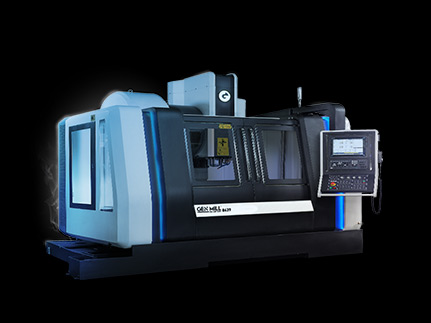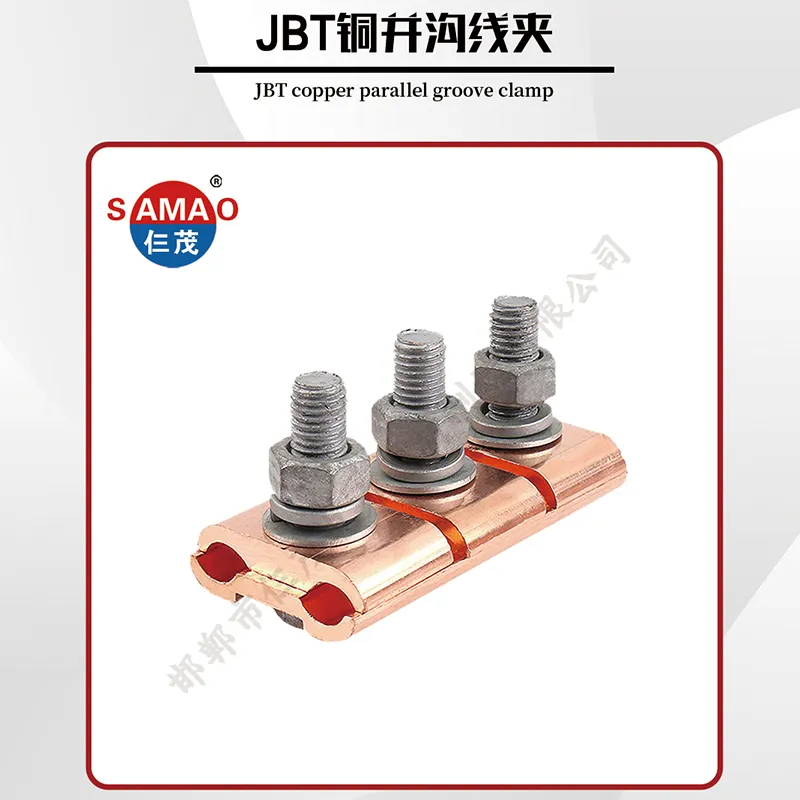2 月 . 15, 2025 20:46
Back To List
pengapit ampaian yang telah dibentuk
In the world of eco-friendly household solutions, the pengapit ampaian yang telah dibentuk, or molded clothes clips, have emerged as a revolutionary product that not only supports sustainable living but also enhances day-to-day convenience. Their unique design and functionality make them a must-have in every household, particularly for conscious consumers who prioritize durability and environmentally safe choices.
Beyond their functional excellence, these clips are also a part of a broader lifestyle narrative. They encourage sustainable living by supporting practices such as air drying clothes, which not only reduces energy consumption but also extends the lifespan of fabrics. Many consumers report positive experiences with these clips in lifestyle reviews, often highlighting how this small change can lead to significant environmental benefits and promote a more conscious way of living. Their praise is not just anecdotal; it's supported by data showing reduced energy usage and a lower household carbon footprint after adopting such eco-friendly practices. The rise in popularity of these clips is also linked to their role in promoting community-based initiatives. By collaborating with local artisans and small businesses, manufacturers of these clips champion sustainable economic practices and community development. This approach ensures that while the product reaches global markets, its production supports and uplifts local economies. Such collaborative efforts are well-documented in industry publications and serve as a model for ethical production and distribution. In conclusion, the modern molded clothes clip is more than just a household accessory. It represents a fusion of expert engineering, authoritative quality standards, and sustainable practices. It enhances user experiences by combining durability, functionality, and eco-friendly credentials. As a result, it strengthens its foothold in the global market, not only as a testament to progressive engineering but also as a symbol of a more sustainable and conscious future. From weekend washing to daily laundry tasks, these clips have transformed mundane routine into an act of environmental stewardship, highlighting their importance in a greener tomorrow.


Beyond their functional excellence, these clips are also a part of a broader lifestyle narrative. They encourage sustainable living by supporting practices such as air drying clothes, which not only reduces energy consumption but also extends the lifespan of fabrics. Many consumers report positive experiences with these clips in lifestyle reviews, often highlighting how this small change can lead to significant environmental benefits and promote a more conscious way of living. Their praise is not just anecdotal; it's supported by data showing reduced energy usage and a lower household carbon footprint after adopting such eco-friendly practices. The rise in popularity of these clips is also linked to their role in promoting community-based initiatives. By collaborating with local artisans and small businesses, manufacturers of these clips champion sustainable economic practices and community development. This approach ensures that while the product reaches global markets, its production supports and uplifts local economies. Such collaborative efforts are well-documented in industry publications and serve as a model for ethical production and distribution. In conclusion, the modern molded clothes clip is more than just a household accessory. It represents a fusion of expert engineering, authoritative quality standards, and sustainable practices. It enhances user experiences by combining durability, functionality, and eco-friendly credentials. As a result, it strengthens its foothold in the global market, not only as a testament to progressive engineering but also as a symbol of a more sustainable and conscious future. From weekend washing to daily laundry tasks, these clips have transformed mundane routine into an act of environmental stewardship, highlighting their importance in a greener tomorrow.
Next:
LATEST PRODUCTS




